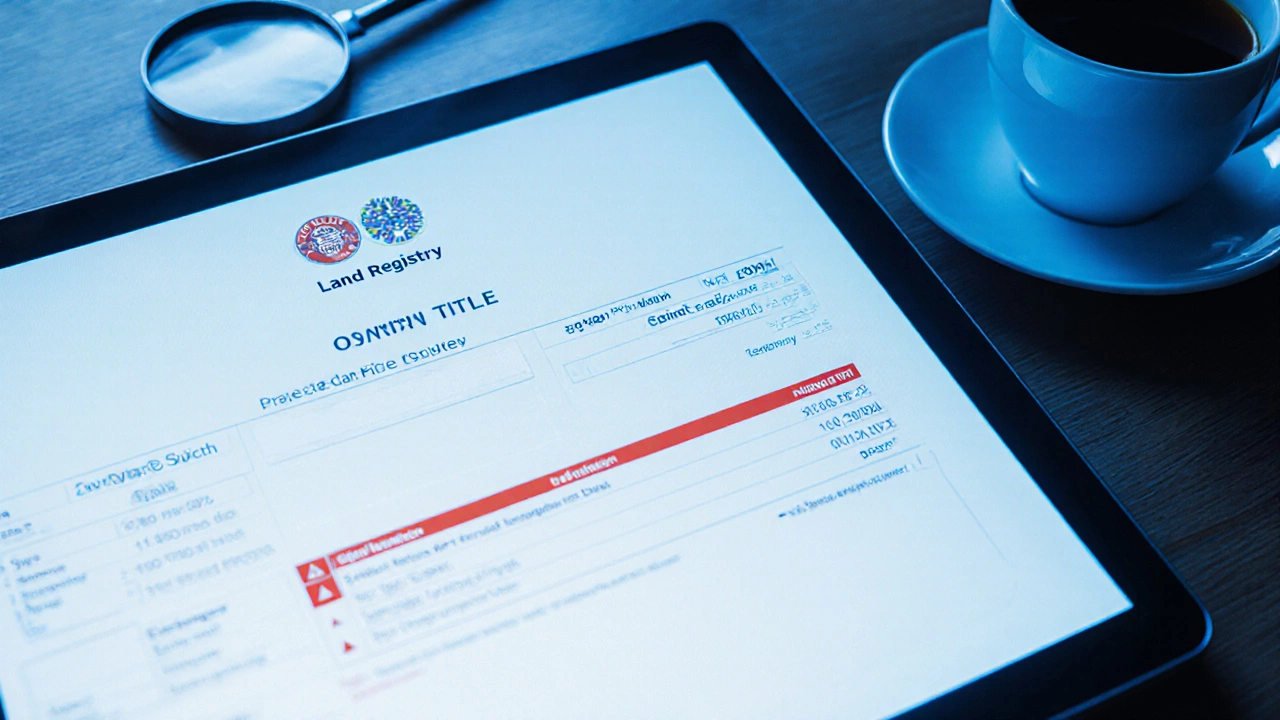Ownership Documentation: What You Need to Know Before Buying or Renting Property
When you buy or rent a home, ownership documentation, the official papers that prove who legally controls a property. Also known as property title, it’s not just paperwork—it’s your legal shield against fraud, disputes, and surprise claims. Without it, you don’t own the house, even if you’ve paid for it. This isn’t theory. In India, cases of fake deeds, forged signatures, and unclear land records have left families homeless after years of payments. The right documents don’t just protect your investment—they keep you out of court.
What’s in ownership documentation, the official papers that prove who legally controls a property. Also known as property title, it’s not just paperwork—it’s your legal shield against fraud, disputes, and surprise claims.? At minimum, you need the deed, the legal document that transfers ownership from seller to buyer, a clear property title, the official record showing who owns the land and any claims against it, and proof of tax payments. If you’re renting, your rent agreement, a binding contract between landlord and tenant outlining terms like rent, duration, and responsibilities must match what’s on file with local authorities. A handwritten lease might be legal in some places—but only if it includes names, dates, property address, rent amount, and signatures. No fluff. No vague promises. Just facts.
Ownership documentation isn’t just about the buyer or tenant. Landlords need it too. If you’re renting out a property in India, you must prove you’re the legal owner before signing any lease. Otherwise, your tenant could walk away with a refund—or worse, sue you. Even if you inherited the property, you need the succession certificate or probate papers. Banks won’t approve loans without clear title. Insurance won’t pay out if the deed doesn’t match your name. It’s not bureaucracy. It’s survival.
Some people think they can skip this step if they’re buying from a relative or renting from a friend. That’s how problems start. A verbal promise isn’t worth the paper it’s written on—if there’s any paper at all. In Shriram Chirping Woods, where quiet living is the promise, the last thing you want is a legal mess disrupting your peace. That’s why every post in this collection focuses on real, actionable steps: how to verify a deed, what to ask for before paying a deposit, how to spot a fake title, and why your rent agreement should never be just a text message.
What you’ll find below aren’t generic guides. These are real cases—like the tenant in Baltimore who had to fight to get their deposit back because the landlord never had legal ownership, or the investor in Australia who saved thousands by catching a hidden lien before closing. Whether you’re looking to buy your first home in India or rent out a space, the documents you hold today decide what your future looks like tomorrow. No magic. No shortcuts. Just the facts you need to stay safe.

What Refers to Proof of Property Ownership? Understanding Title Deeds and Registration
Proof of property ownership in Australia is established through official registration on the land titles system. A title deed or electronic record is the only legal proof-contracts and bills don't count.




